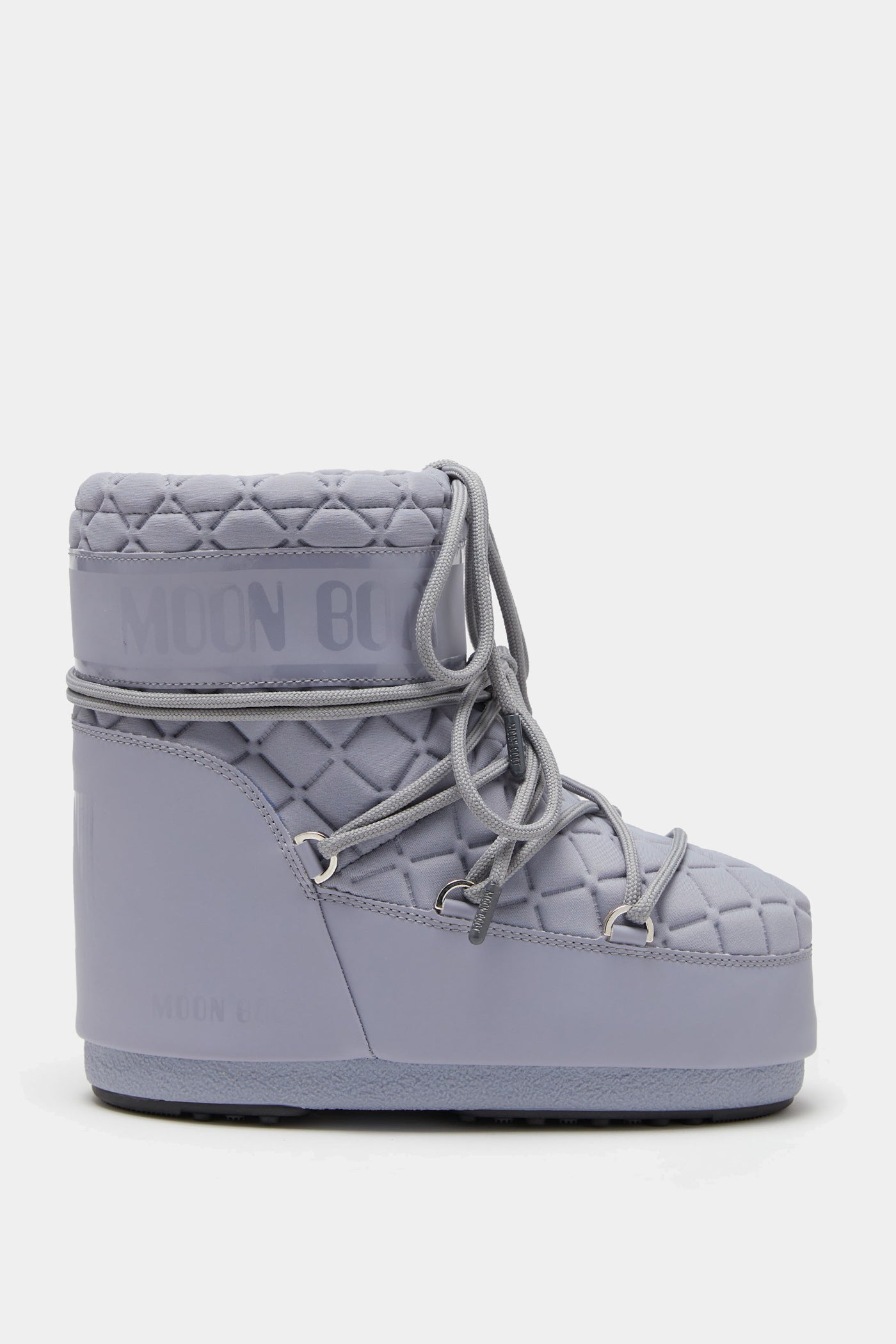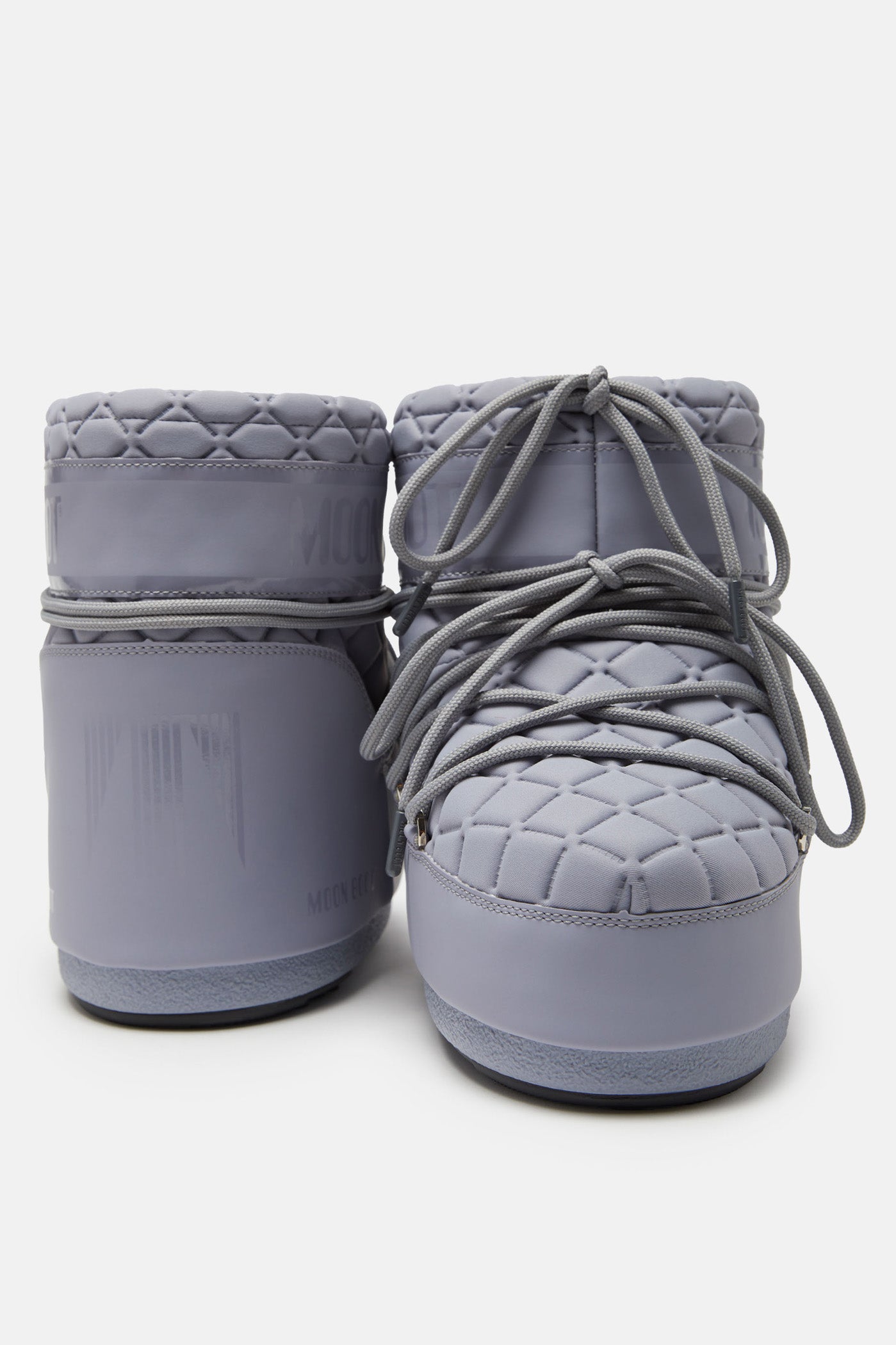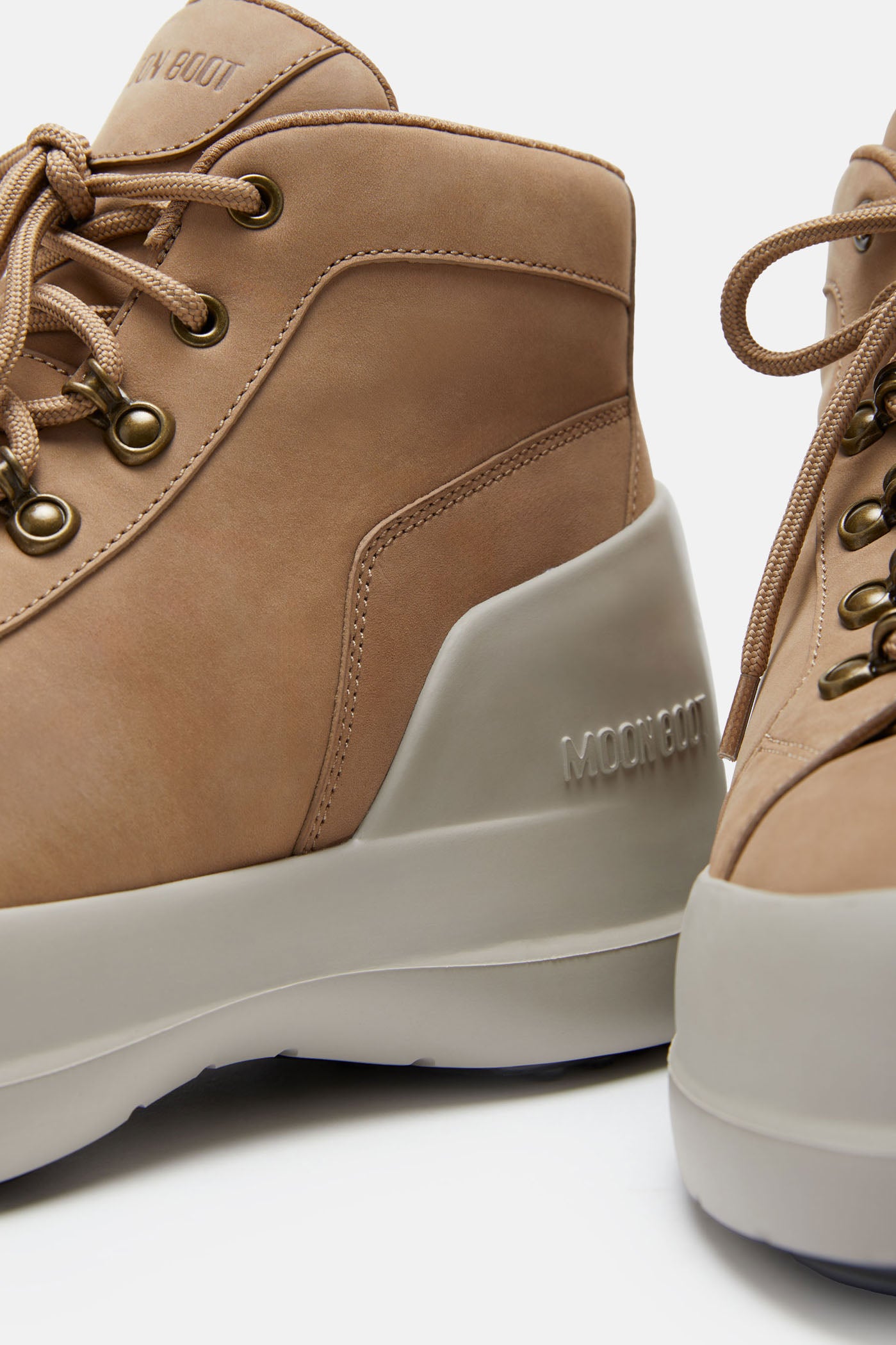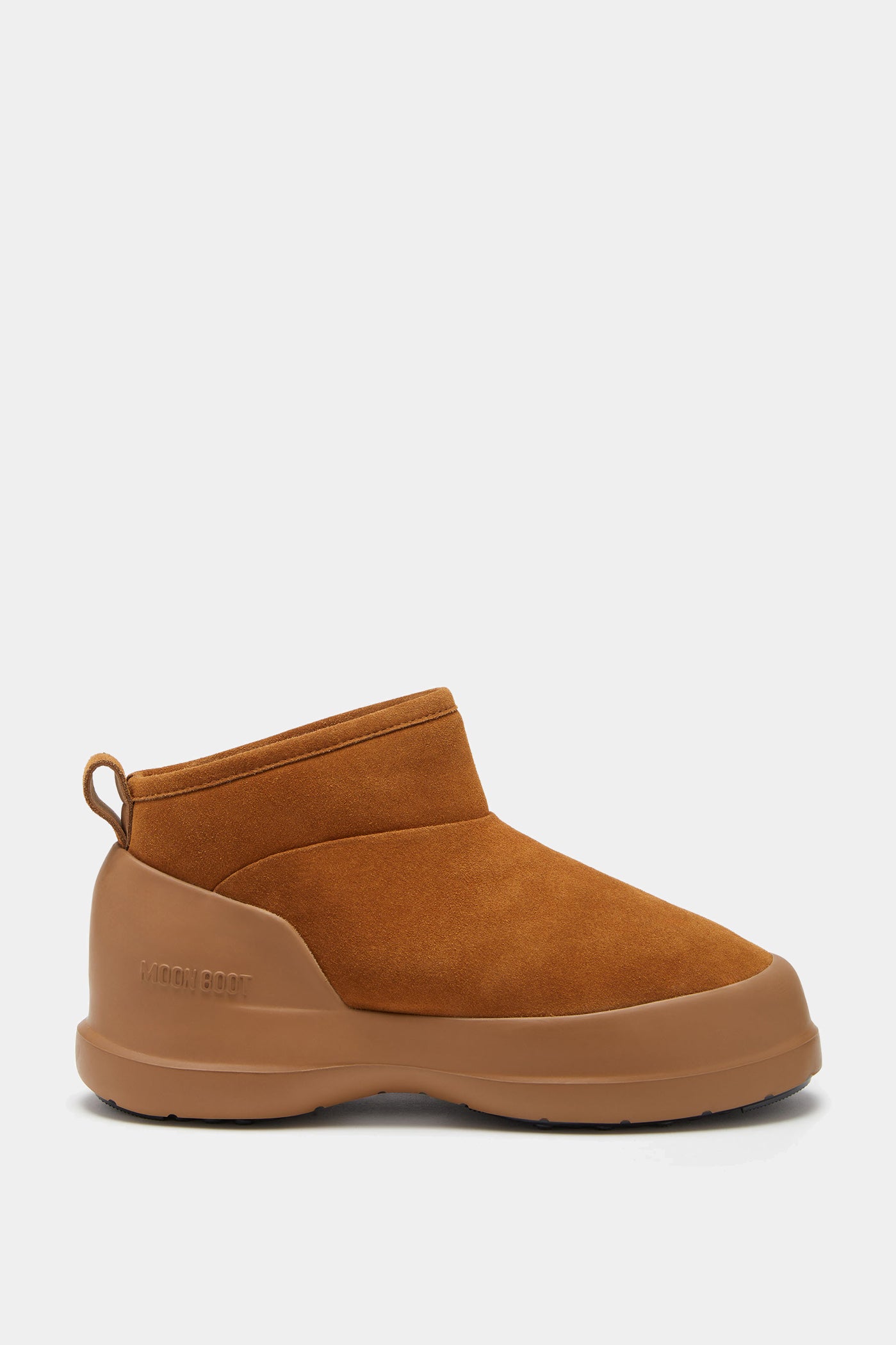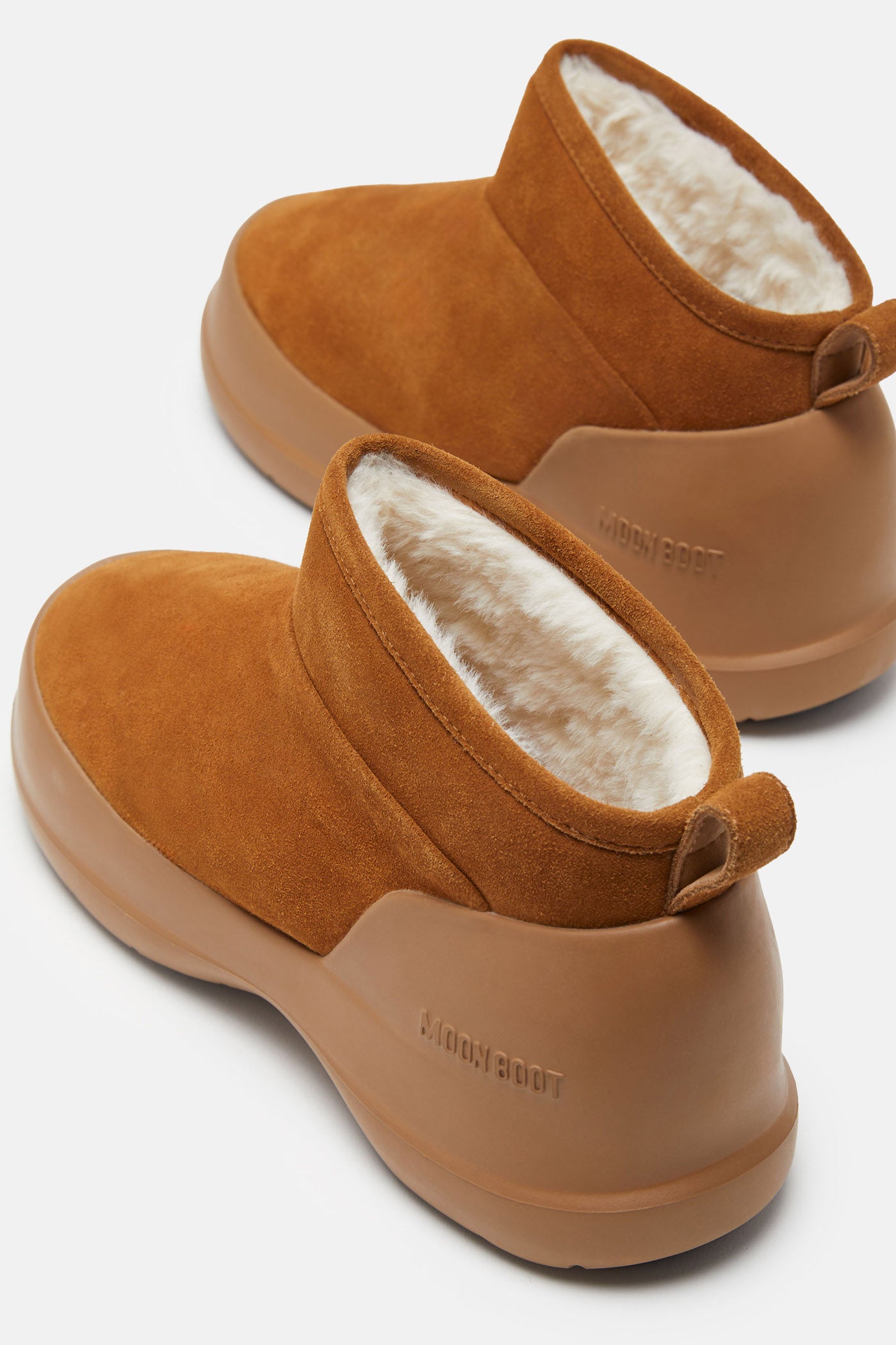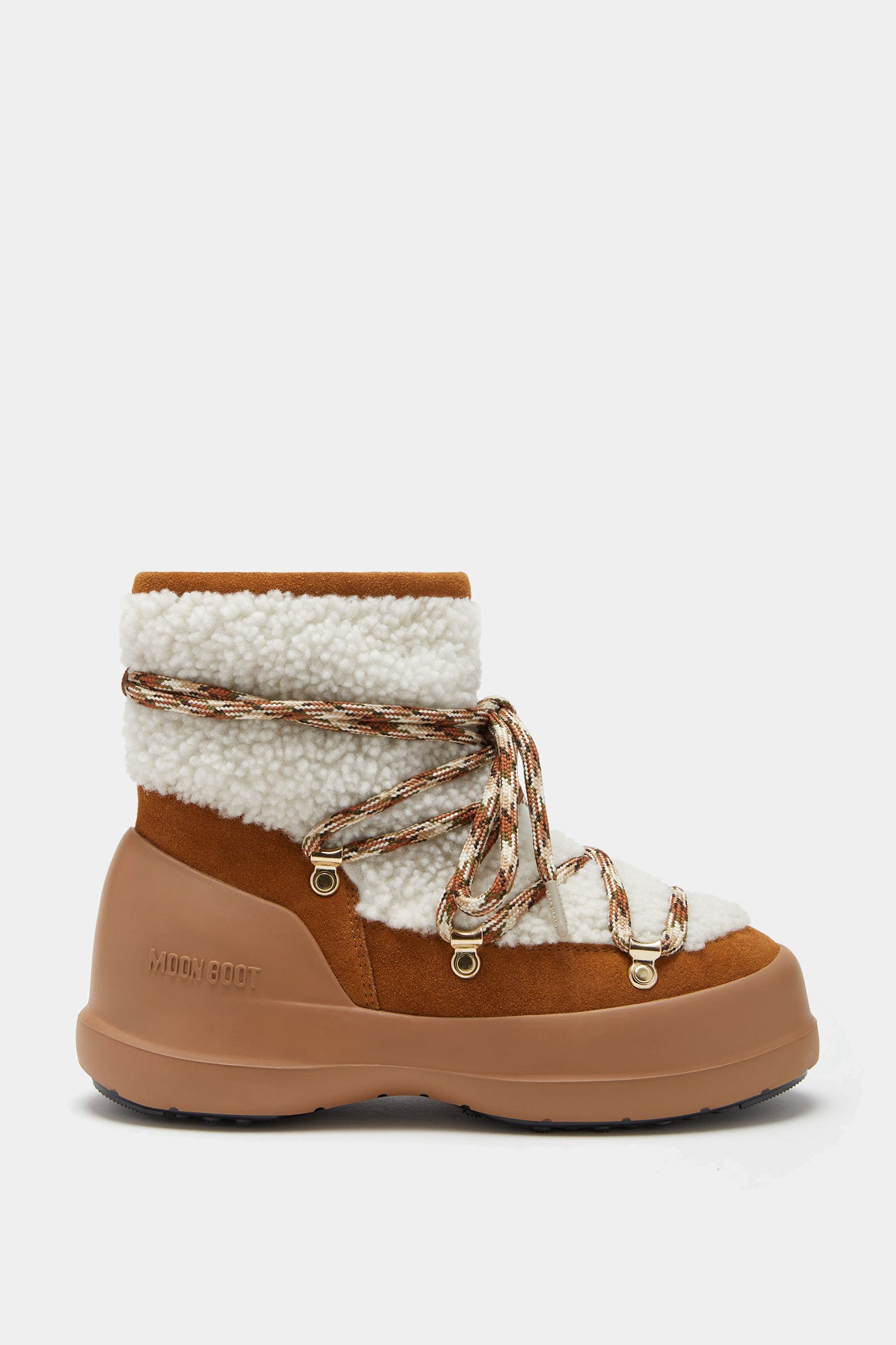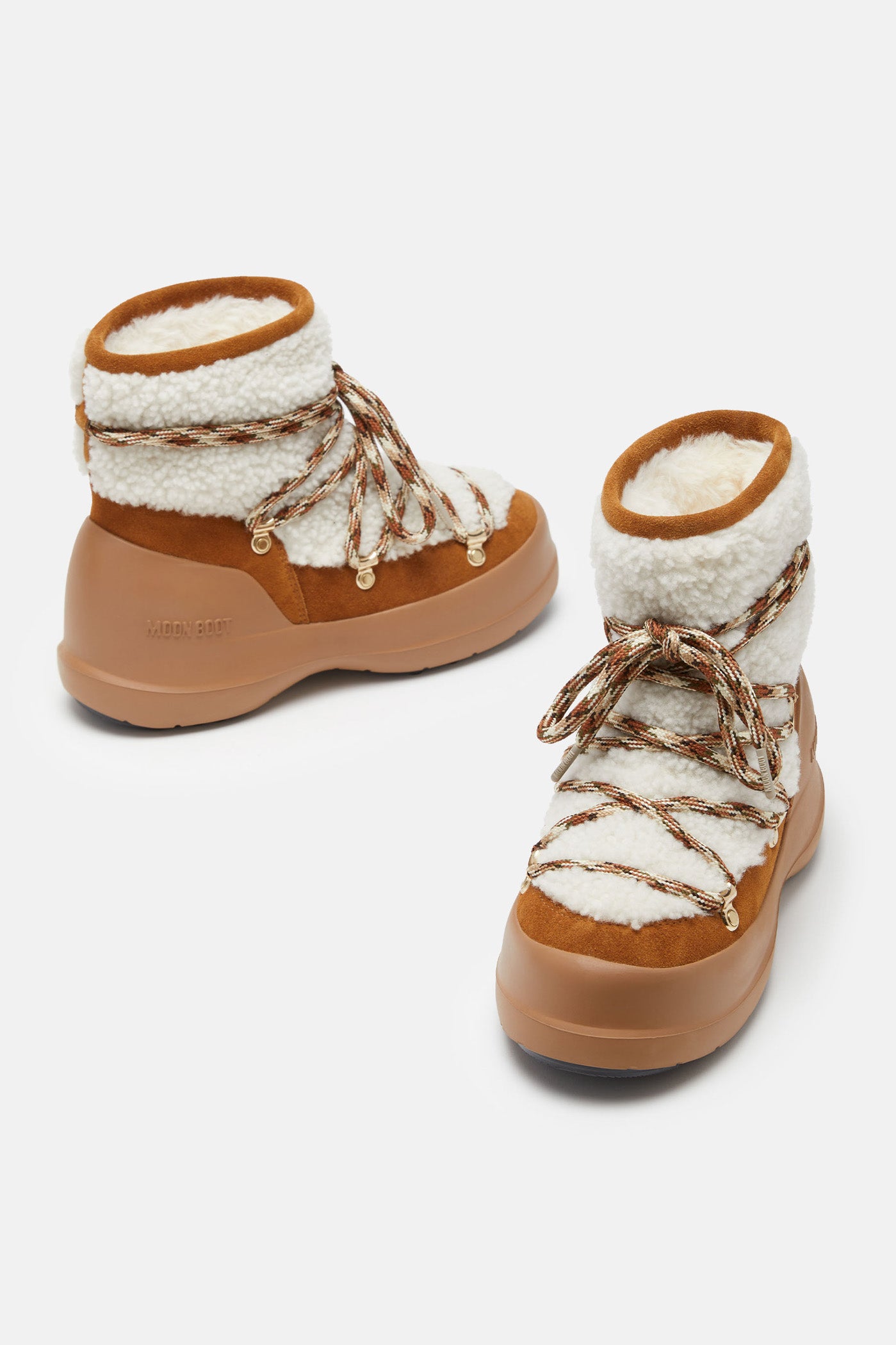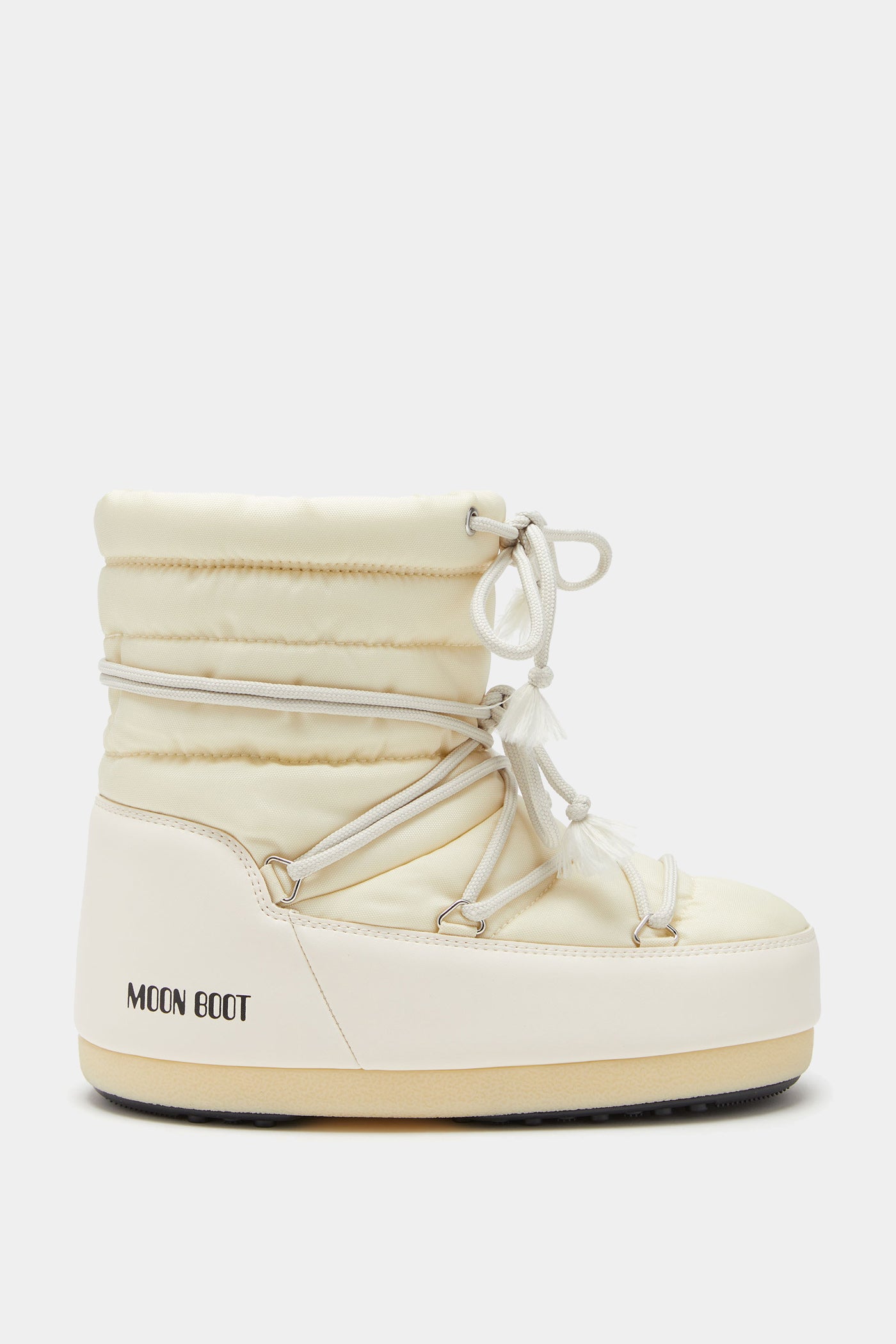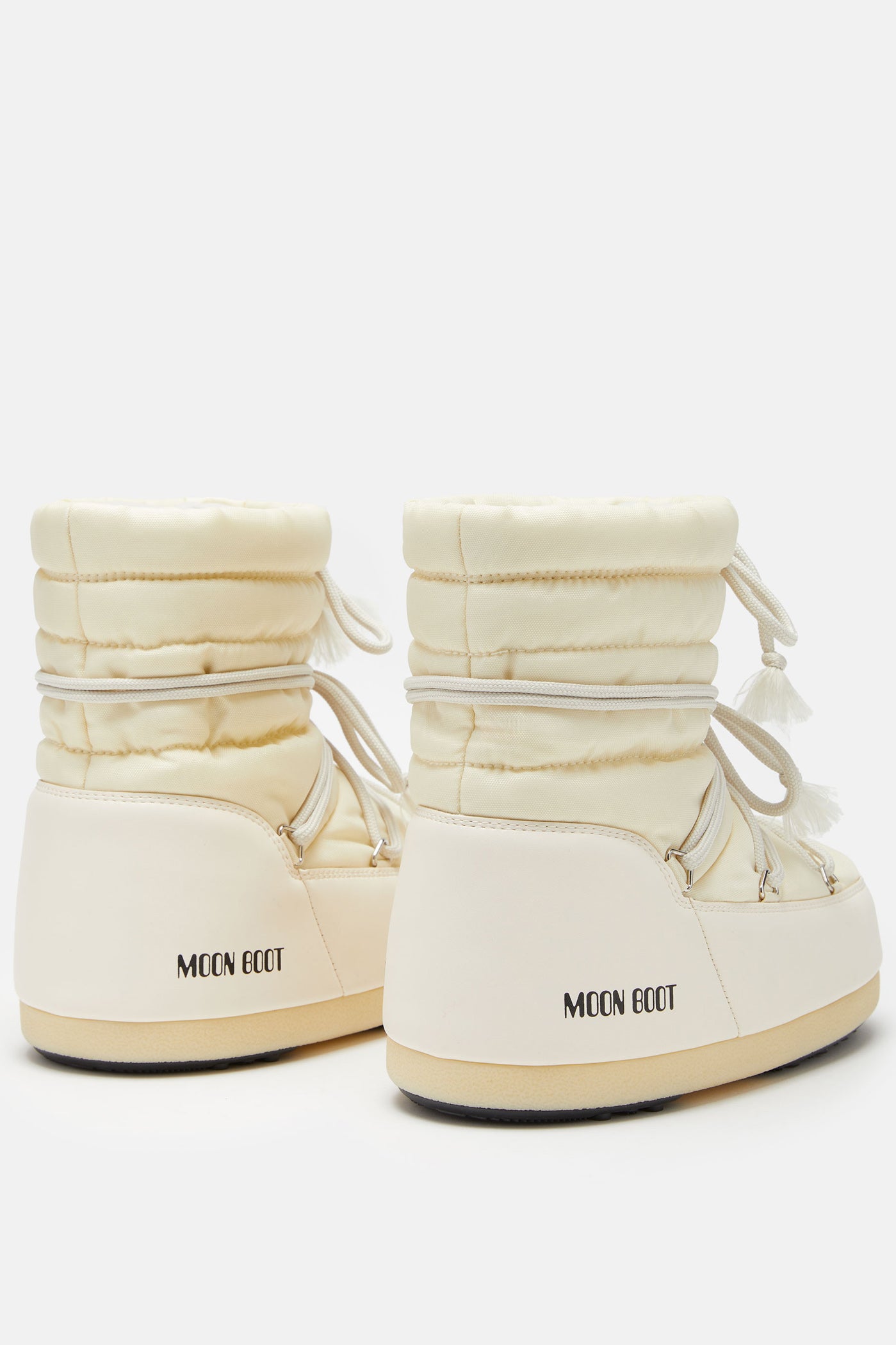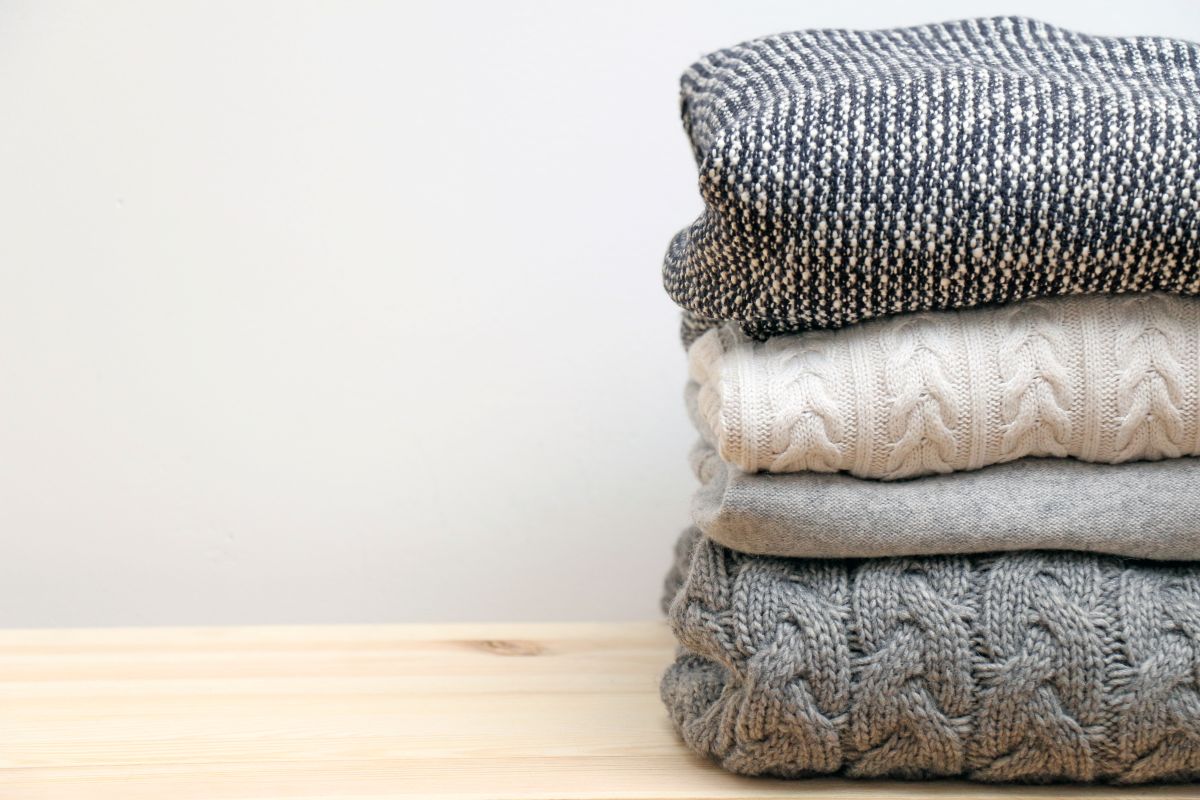
How to store sweaters – effective methods for long-term use
The arrival of spring and summer means it's time to update your wardrobe and put away your warmer clothes – especially sweaters. Don't just hang them on a hanger or tuck them away in a drawer, as this can negatively impact their appearance – they'll stretch or pille. Learn how to store your sweaters so they look their best for years to come – whether they're made of cotton, wool, or cashmere.
Proper storage of winter clothes – the most important rules
Sweaters, coats, and scarves are often made from natural materials. Therefore, improper storage can lead to deformation, fabric damage, and even pest infestation. Learn the most important rules for proper clothing storage—whether you're looking for women's wool sweaters or models made from other materials.
Clean your clothes thoroughly before storing them away.
The first and most important step is to thoroughly wash or clean your clothes before storing them away for the spring and summer months. Depending on the material, you should either hand wash them or take them to a professional dry cleaner. men's sweatshirts and fleeces or woolen sweaters will be ready for the next step.
Remember that residues of sweat, cosmetics or dirt can attract moths or lead to stains that are difficult to remove.
Store sweaters flat
Sweaters and other heavy clothes e.g. It's best to store women's ski sweatshirts horizontally. Hanging them on hangers for several months can lead to permanent deformation and stretching of the material. Therefore, fold your sweaters and place them in drawers or on closet shelves.
Use dedicated containers and bags
It's a good idea to use bags or boxes with lids for storing clothes. They protect them from dust and pests while also allowing for good air circulation.
Both sweaters and Women's down jackets should not be stored in plastic vacuum bags as they retain moisture and can lead to mold and unpleasant odors.
Make sure to air your clothes regularly
Wool sweaters, cashmere cardigans, shirts, and jackets all require regular airing. Simply place them in a well-ventilated area or open your wardrobe and gently shake them every few months. This helps keep the fabrics fresh and can also be used to check for signs of moths or mold.
How to prepare woolen sweaters before storage?
Wool sweaters require gentle care both during washing and when preparing for storage. Men's wool sweaters should not be washed at high temperatures or tumble dried at high speeds – this can cause the fibers to felt and the material to shrink. Instead, use a dedicated wash cycle or hand wash in lukewarm water with detergent designed for wool sweaters.
After washing your sweaters, dry them flat, e.g., on a towel. Don't hang them on a line or hanger, as wet wool can stretch and warp under its own weight. Once the clothes are dry, you can fold them and place them in cotton bags. This protects the sweaters from dust and pests while allowing air to circulate freely.
You can also add natural moth repellents to your wardrobe, such as lavender bags or cedar balls.
Where to store sweaters made of delicate materials?
Sweaters made from delicate materials like cashmere, alpaca, or silk with a wool blend should be stored in a dark place—ideally in a drawer or on shelves in your closet or wardrobe. Layer your clothes, and place a piece of thin paper between each sweater, hat, or other item of clothing. This will prevent pilling and chafing.
Make sure wool or cashmere sweaters are stored at room temperature – away from heat and sunlight, which can weaken the fibers and cause colors to fade.
If you have enough space in your closet, try to store delicate sweaters and clothes made of thick, rough materials separately.
How to protect clothes from moths and pests so they look good for many years?
Clothes moths and other pests are a real problem, especially when it comes to clothes made from natural materials like wool, cashmere, or silk. Their larvae feed on fabric fibers, which can cause holes that are difficult to repair. Fortunately, there are several proven methods that can help you effectively protect your clothes from moths and other threats.
Follow these rules:
-
always keep clean clothes – moths most likely attack clothes that are dirty or soaked in sweat;
-
keep your wardrobe clean – regularly vacuum the inside of your wardrobe to remove any moth eggs and other contaminants;
-
use natural moth repellents – lavender bags, cedar petals, rosemary sprigs, cloves and bay leaves will work great;
-
avoid plastic bags – they do not allow air to pass through and thus create an environment in which moths thrive;
-
Air your clothes regularly – this reduces the risk of moths appearing, which usually develop in dark, damp and windless places.
What are the most common mistakes when storing sweaters?
Even the best quality sweaters can quickly lose their shape if you don't ensure proper storage conditions. Therefore, avoid the following mistakes, which can lead to material deformation, unpleasant odors, and fabric damage from pests.
-
Hanging sweaters on hangers – this causes deformation of the clothes.
-
Storing damp or insufficiently dried clothes promotes the growth of mold and fungi.
-
Turning on the wrong program in the washing machine – too high a temperature or too strong a spin – can lead to fabric damage, deformation and shrinkage of the sweaters.
-
Tumble Drying – Wool sweaters should be hand-dried flat, avoiding direct sunlight. We also don't recommend tumble drying due to the high temperatures, which can negatively impact the quality of the fabric.










